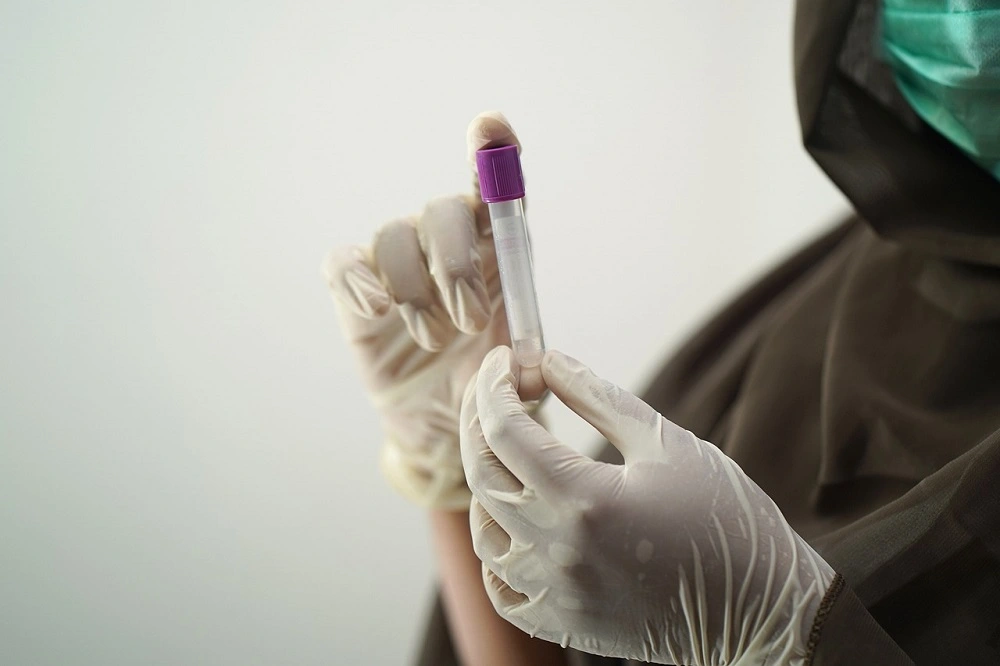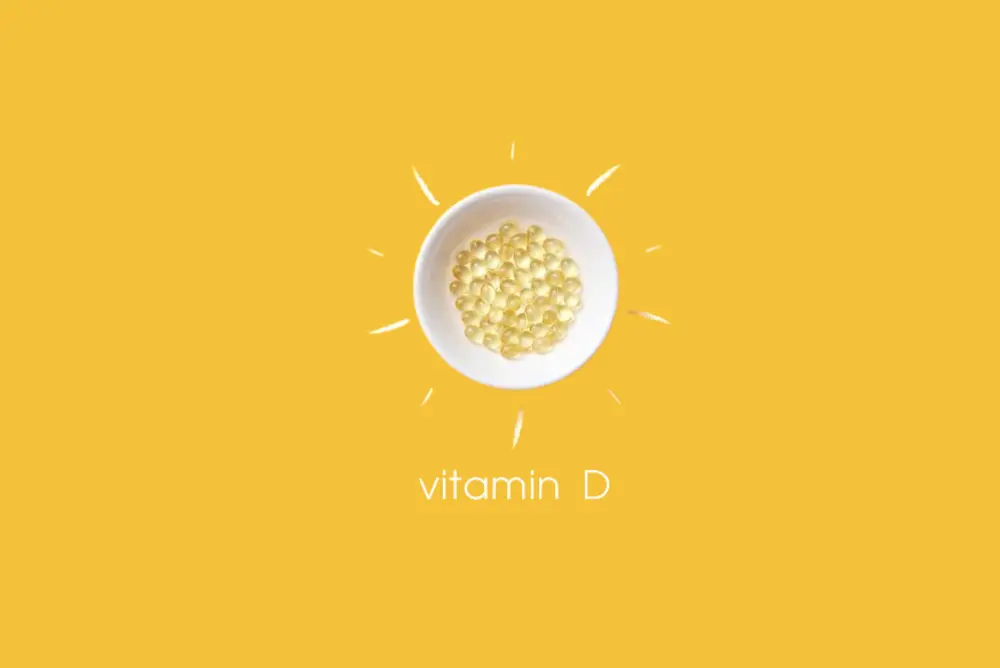Crohn’s disease affects millions worldwide and presents unique challenges in managing nutrition and overall health.
Among the various nutritional concerns associated with this condition, vitamin D deficiency stands out due to its potential impacts on the disease’s progression and your quality of life.
What is Crohn’s disease?
Crohn’s disease is a chronic condition that falls under the umbrella of inflammatory bowel diseases (IBDs). It primarily affects your digestive tract and cause persistent inflammation anywhere along the tract from your mouth to your anus. More specifically, this disease commonly targets the end of the small intestine (the ileum) and the beginning of the colon.
The exact cause of Crohn’s disease is still unknown, though it’s believed to involve a combination of these factors:
- Genetics
- Environment
- Immune system
Unfortunately, there’s no cure for Crohn’s disease, but there are treatments available that can greatly reduce its symptoms and even bring about long-term remission.

Symptoms of Crohn’s disease
If you’re living with Crohn’s disease, you might experience a range of symptoms that can vary in intensity, depending on the location of the disease’s impact.
These symptoms include the following:
- Abdominal pain
- Severe diarrhoea
- Fatigue
- Weight loss
- Malnutrition
Types of Crohn’s disease
Crohn’s disease can be classified into several types, depending on the part of the gastrointestinal tract affected.
- Ileocolitis. The most common type of Crohn’s disease affects both the ileum and the colon, and often results in diarrhoea, significant weight loss and abdominal pain.
- Ileitis. This type specifically targets the ileum. It can cause similar symptoms, with complications such as fistulas or inflammatory abscesses.
- Gastroduodenal Crohn’s disease. This type impacts the stomach and the beginning of the small intestine. It can lead to loss of appetite, weight loss and nausea.
- Jejunoileitis. This type is characterized by patchy areas of inflammation in the jejunum, which is the middle section of the small intestine. It can cause cramps after meals, fistulas, diarrhoea and abdominal pain.
- Crohn’s (granulomatous) colitis. This type affects only the colon, which results in skin lesions, joint pains, diarrhoea and rectal bleeding.
Common vitamin and mineral deficiencies in Crohn’s disease
Those with Crohn’s Disease often face deficiencies in various vitamins and minerals due to factors like:
- Malabsorption
- The disease’s impact on the digestive tract
- Dietary restrictions
If you’re living with Crohn’s disease, you may be vulnerable to deficiencies that include:
- Vitamin D
- Iron
- Vitamin B12
- Zinc
The role of vitamin D in Crohn’s disease
Vitamin D plays a crucial role in managing Crohn’s disease, as it influences both of your immune system regulation, bone health and the health of your digestive tract.
This nutrient is vital for maintaining the integrity of the intestinal barrier, which can help prevent the unwanted leakage of substances into the gut that might trigger inflammation—a common issue in Crohn’s disease.
Research suggests that vitamin D may help modulate the immune response in Crohn’s disease, which can potentially reduce inflammation and the severity of the condition.
It also plays a role in calcium absorption, which can help maintain bone density and prevent osteoporosis.
Optimal vitamin D levels in Crohn’s disease
While the ideal vitamin D level can vary based on individual health needs and recommendations from healthcare professionals, a general guideline suggests aiming for a blood level of 20-50 ng/mL to be considered adequate for bone and overall health.
Maintaining these levels can help mitigate some of the complications associated with both Crohn’s disease and vitamin D deficiency. Regular monitoring of vitamin D levels through blood tests is recommended to identify any deficiencies and adjust supplementation as needed.
What is critically low vitamin D level in Crohn’s disease?
A vitamin D level below 20 ng/mL is considered critically low and requires intervention. Such low levels can exacerbate Crohn’s disease symptoms, including the following:
- Heightened risk of inflammation
- Impaired immune function
- Increased susceptibility to infections

When should I get a vitamin D test for Crohn’s disease?
Regular monitoring of vitamin D levels is recommended if you’re dealing with Crohn’s disease, especially if you exhibit symptoms of deficiency or have had low levels in the past. Generally, it’s wise to undergo vitamin D testing if you notice an increase in Crohn’s disease-related symptoms, such as intensified abdominal pain or more frequent flare-ups, since low vitamin D levels can exacerbate these conditions.
Seasons can also influence your vitamin D levels, with lower levels often observed during the winter months due to reduced sunlight exposure.
Consult with your healthcare provider to determine the most appropriate times for testing. It’s often part of annual check-ups or more frequently if needed based on your health status and lifestyle factors.
High doses may be needed to restore normal levels
Due to the condition’s impact on nutrient absorption, you may need a higher dose of vitamin D. This approach helps counteract the difficulty your body faces in absorbing vitamins from food, which is a common challenge with Crohn’s disease.
When vitamin D levels are significantly low, your healthcare provider may recommend a high-dose regimen, which comes in the form of supplements. Follow their guidance as too much vitamin D can lead to its own set of health issues, including hypercalcemia, a condition characterized by excessive calcium in the blood that can harm the heart, kidneys and bones.
Key takeaway
Vitamin D plays a significant role in managing Crohn’s disease and maintaining overall health. To manage Crohn’s disease, monitor your vitamin D levels regularly, understand the potential impact of deficiency and take steps to maintain optimal levels through supplementation under your doctor’s supervision.




















































